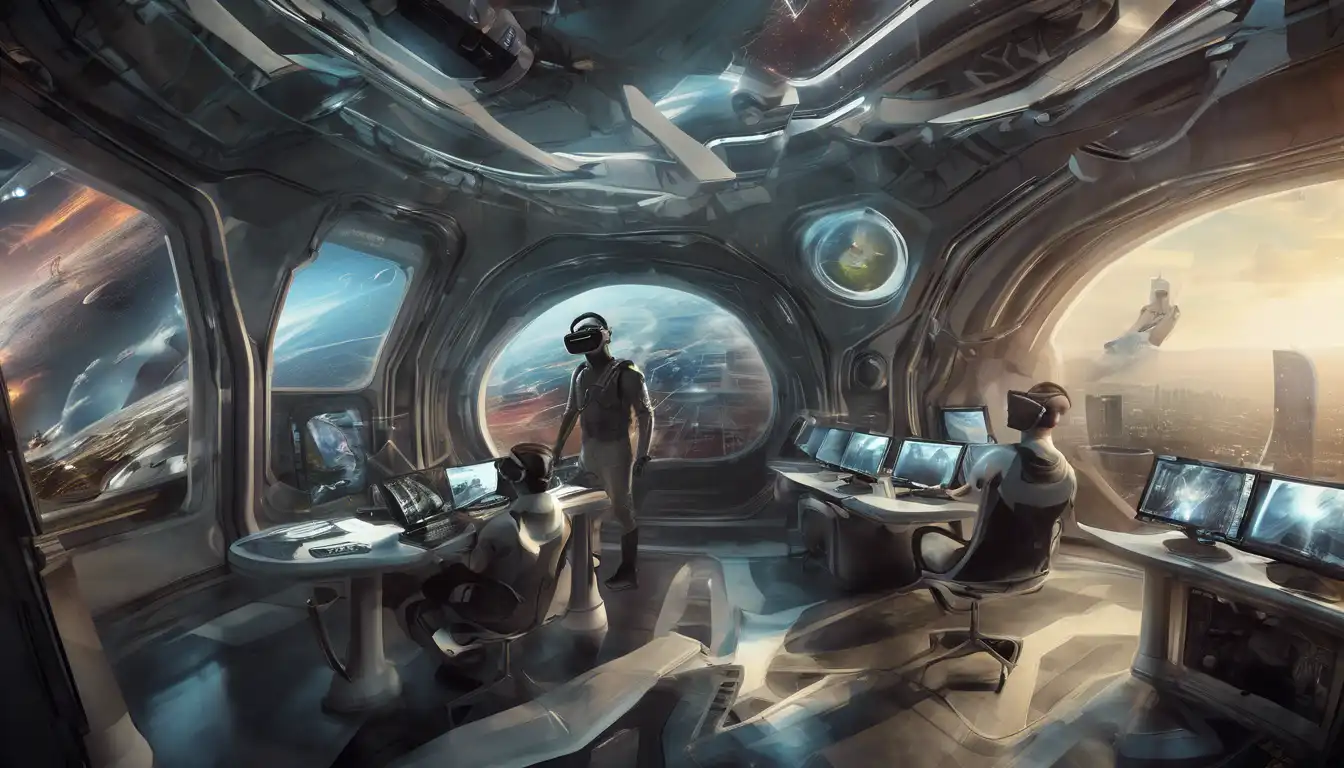Introduction to Virtual Reality
Virtual Reality (VR) is rapidly becoming one of the most exciting and transformative technologies of our time. By creating immersive, interactive environments, VR has the potential to revolutionize how we work, learn, and play. This article delves into the current state of VR technology, its applications, and what the future holds for this groundbreaking innovation.
The Current State of VR Technology
Today's VR technology offers unprecedented levels of immersion, thanks to advancements in hardware and software. High-resolution displays, motion tracking, and haptic feedback are just a few of the features that make modern VR experiences incredibly lifelike. Companies like Oculus, HTC, and Sony are at the forefront of this technology, offering devices that cater to both consumers and professionals.
Applications of Virtual Reality
VR is not just for gaming. Its applications span across various industries, including healthcare, education, and real estate. For instance, VR is being used to train surgeons, provide immersive learning experiences for students, and offer virtual property tours. The possibilities are endless, and as the technology evolves, so too will its uses.
Healthcare
In healthcare, VR is transforming patient care and medical training. Surgeons can practice complex procedures in a risk-free environment, and patients can use VR for pain management and rehabilitation.
Education
Education is another field benefiting from VR. Students can take virtual field trips, explore historical events, or even travel to outer space, all from the safety of their classroom.
Real Estate
Real estate professionals are using VR to showcase properties to potential buyers, allowing them to explore homes without physically being there. This not only saves time but also opens up new possibilities for international buyers.
The Future of Virtual Reality
The future of VR is bright, with ongoing research and development pushing the boundaries of what's possible. From social VR platforms to augmented reality (AR) integrations, the next frontier in tech is set to redefine our digital experiences. As VR becomes more accessible and affordable, its impact on society will only grow.
Conclusion
Virtual Reality is more than just a technological novelty; it's a tool with the potential to change the world. Whether it's through enhancing education, revolutionizing healthcare, or creating new forms of entertainment, VR is paving the way for a future limited only by our imagination. As we continue to explore the boundless potential of VR, one thing is clear: the next frontier in tech is here, and it's virtual.
